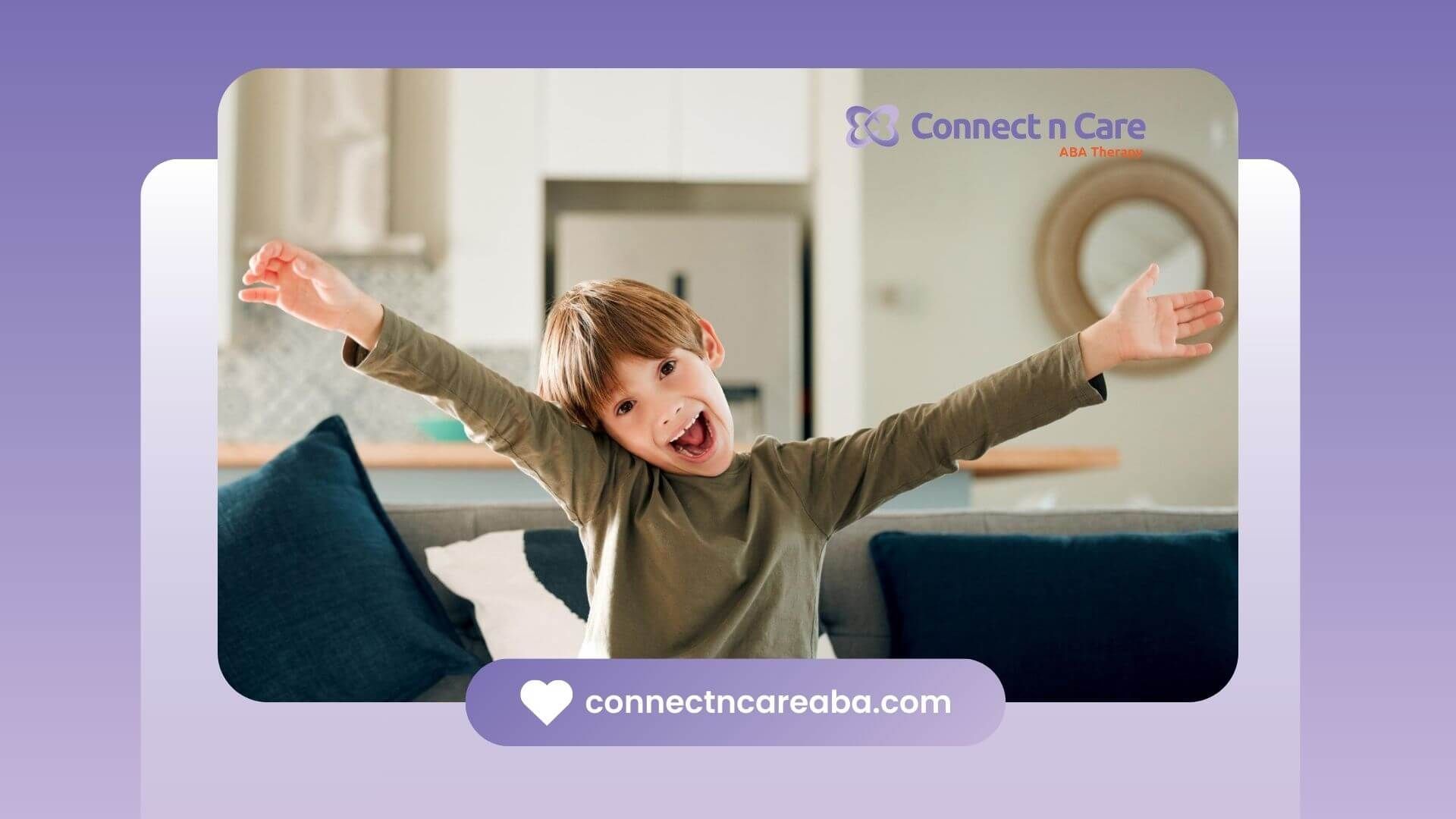David Bowie is widely recognized as one of the most innovative and influential artists of the 20th century. Known for his ever-evolving personas, genre-defying music, and enigmatic personality, Bowie captivated audiences for decades. But in recent years, an intriguing question has circulated online: Was David Bowie autistic?
While Bowie was never formally diagnosed with autism, some fans, researchers, and neurodivergent individuals have speculated that his behaviors, communication style, and creative genius may align with traits commonly associated with autism spectrum disorder (ASD).
In this article, we’ll explore:
- Why people are asking if David Bowie was autistic
- What signs or traits lead to this speculation
- The importance of caution when discussing posthumous diagnoses
- How Bowie’s uniqueness has inspired the autism community
- The broader impact of autism representation in the arts
Let’s dive into this fascinating discussion—not to label, but to understand how one man’s individuality continues to resonate with neurodivergent people around the world.
Why Ask: Was David Bowie Autistic?
The idea that David Bowie may have been autistic isn’t rooted in medical evidence or a confirmed diagnosis. Rather, it stems from his:
- Unconventional communication style
- Intense interests and hyperfocus on music and art
- Social eccentricities
- Strong visual and sensory aesthetic
- Discomfort in certain social situations
Many autistic individuals and advocates have recognized familiar patterns in Bowie’s life and behavior. For them, exploring this idea is less about pinning down a diagnosis and more about finding connection and representation in someone they admire.
Traits That Spark the Autism Speculation
Let’s take a closer look at the traits and behaviors that have led people to wonder if David Bowie may have been on the autism spectrum:
1. Social Differences and Shyness
In interviews, Bowie often appeared soft-spoken, awkward, or emotionally distant—particularly in his early years. He sometimes avoided eye contact and gave brief, thoughtful, or offbeat answers.
Many autistic individuals can relate to:
- Difficulty navigating small talk
- Preference for deep conversations over surface-level interactions
- Social anxiety or discomfort in unfamiliar settings
Despite his stage confidence, Bowie’s offstage persona often reflected a man who didn’t quite fit the typical social mold.
2. Hyperfixation and Passion for Music
From an early age, Bowie was obsessed with music, sound design, fashion, and performance. He wasn’t just interested—he immersed himself. He played multiple instruments, studied art and dance, and constantly pushed creative boundaries.
This kind of deep, focused passion is common among people on the autism spectrum, who often develop what are known as “special interests.”
3. Sensory Sensitivity and Aesthetic Control
Bowie’s strong sense of aesthetic—visual, auditory, and tactile—may reflect a unique sensitivity to sensory input. His music and fashion were carefully curated to evoke emotion and control the atmosphere.
Sensory sensitivities (such as to noise, light, textures, or patterns) are common in autism, and many autistic individuals channel these sensitivities into art, design, or performance.
4. Identity Exploration and Masking
Bowie created multiple personas—Ziggy Stardust, The Thin White Duke, Aladdin Sane—not only as artistic expressions but possibly as ways to interact with the world through different lenses.
Some have drawn parallels between this and autistic masking, where individuals consciously or unconsciously adopt behaviors to fit in socially. It’s also possible that his role-playing reflected a form of identity exploration common among neurodivergent people.
The Risks of Retrospective Diagnosing
While it’s tempting to look at public figures and draw conclusions based on observable behaviors, we must be careful. Diagnosing someone posthumously—especially without personal consent or medical evaluation—can be:
- Inaccurate, as we lack full context or medical history
- Intrusive, by reducing someone’s legacy to a label
- Misleading, especially if behaviors were due to other conditions, trauma, or personal quirks
It’s also worth noting that Bowie himself never claimed to be autistic, nor has his family or close friends confirmed such speculation. So any discussion of this topic should be approached with respect and curiosity, not certainty.
Autism and Creativity: A Natural Link?
Whether Bowie was autistic or not, his story shines a light on a larger conversation: the powerful connection between neurodiversity and creativity.
Research and anecdotal evidence suggest that many people on the autism spectrum:
- Think outside the box
- See patterns and structures others miss
- Bring unique perspectives to art, music, and storytelling
- Express emotion through unconventional means
Artists like Bowie, with their originality and intensity, often inspire autistic individuals to embrace their own creative passions—without fear of judgment.
Bowie’s Influence on the Autism Community
While Bowie’s neurological status remains speculative, many people on the spectrum have said that his work:
- Made them feel seen and understood
- Validated their sense of otherness
- Encouraged them to embrace their individuality
- Served as a creative outlet for their own emotions and identity
In fact, Bowie’s famous line—"We can be heroes, just for one day"—has become a kind of mantra for those who feel marginalized or misunderstood.
Neurodivergent Artists in the Spotlight
Bowie is just one of many public figures whose behaviors have sparked autism speculation. Others include:
- Albert Einstein
- Stanley Kubrick
- Emily Dickinson
- Steve Jobs
- Greta Thunberg (who has publicly identified as autistic)
While labels shouldn’t define a person’s worth or talent, public representation of neurodiversity helps:
- Break down stigma
- Foster understanding
- Show that success comes in many forms
- Encourage inclusion in all industries—especially the arts
What We Can Learn from Bowie’s Legacy
Whether or not David Bowie was autistic, his life reminds us of the value of embracing uniqueness.
Here are a few takeaways that can inspire both neurodivergent individuals and the people who support them:
1. Differences Are Strengths
What made Bowie different is exactly what made him great. The same applies to those on the spectrum—diverse thinking and perspectives are essential in every field.
2. Creative Expression Is Powerful
Art can be a lifeline for those who struggle with verbal communication or social interaction. Encouraging autistic individuals to explore music, dance, painting, or writing can lead to incredible breakthroughs.
3. Everyone Deserves Acceptance
Bowie faced criticism, confusion, and exclusion at times—but he stayed true to himself. His story can help people on the spectrum feel empowered to do the same.
Support for Neurodiverse Individuals
Whether you're a parent, caregiver, educator, or autistic individual yourself, it’s important to create environments where neurodiversity is supported and celebrated. That includes:
- Respecting communication preferences
- Offering therapy or coaching when helpful
- Building on interests and strengths
- Avoiding stereotypes or assumptions
If someone on the spectrum relates to David Bowie’s story, encourage them to explore what resonates. It might lead to deeper self-awareness, motivation, and creative growth.
Final Thoughts
So, was David Bowie autistic? We may never know for sure. But what’s clear is that his extraordinary talent, emotional depth, and fearless individuality have had a profound impact—especially on those who feel different from the norm.
By exploring Bowie’s life through a neurodivergent lens, we gain not only insight but empathy. And in doing so, we take a step closer to building a more inclusive world—where every kind of mind is welcomed, respected, and celebrated.
At Connect n Care, we support neurodiverse children and families through personalized ABA therapy and compassionate care. Whether your child is exploring their identity, building communication skills, or developing social confidence, we’re here to walk the journey with you—every step of the way.
Frequently Asked Questions
Did David Bowie ever say he was autistic?
No, David Bowie never publicly identified as autistic. While some fans and advocates have speculated based on his behaviors, there’s no confirmed diagnosis.
Why do people think David Bowie might have been autistic?
People point to traits such as his social quirks, intense interests, sensory sensitivities, and unique communication style. These traits are often associated with autism, though they don’t confirm it.
What can we learn from the discussion about Bowie and autism?
The conversation encourages empathy, inclusion, and a deeper appreciation for neurodiversity in the arts. It shows how diverse minds contribute to creativity, culture, and human understanding.
Sources:
- https://www.autistica.org.uk/what-is-autism/anxiety-and-autism-hub/alexithymia
- https://www.autismparentingmagazine.com/autism-hyperfixation/
- https://www.autismspeaks.org/sensory-issues
- https://www.psychologytoday.com/us/blog/eating-disorders-among-gender-expansive-and-neurodivergent-individuals/202212/research-shows
- https://www.autismparentingmagazine.com/how-to-stop-criticism/









